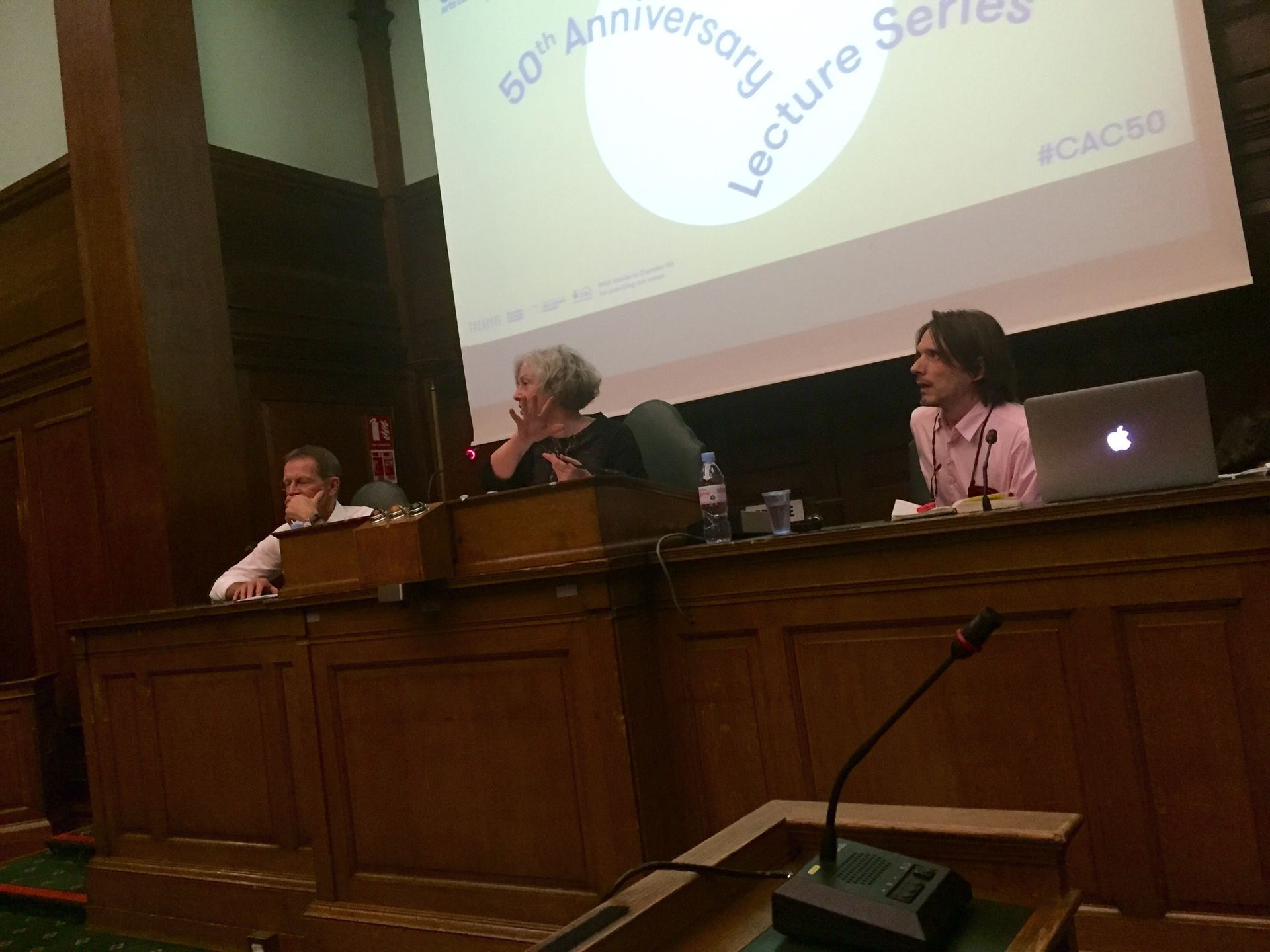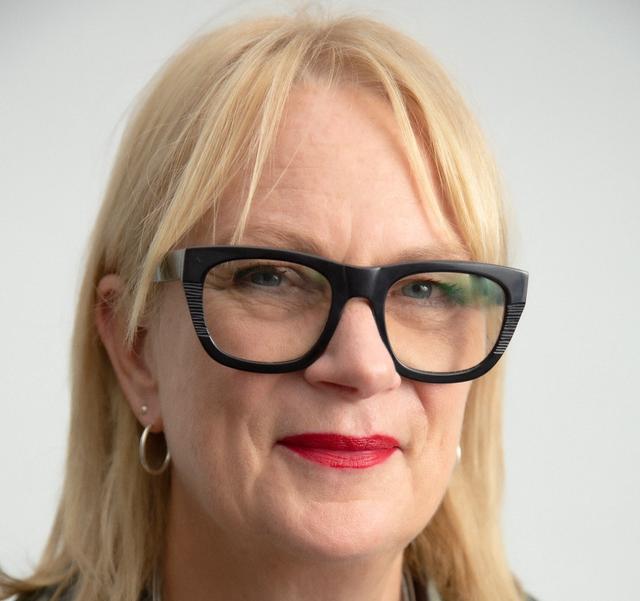The venerable Council Chamber of Camden Town Hall in London was alive to the sound of artistic discussion as the director of the Tate, Nicholas Serota, and the artist Jeremy Deller launched Camden Art’s Centre’s 50th anniversary lecture series with their accounts of and responses to the dramatic changes that have taken place in the English art world from 1965, the date when the centre was established. This date also marked the publication of Jennie Lee’s seminal white paper on the arts, A Policy for the Arts: the First Steps, which argued that the arts must be part of everyday life for all the nation’s children and adults.
Amid intense discussions around the events and impact of what Sir N described as the era’s “profound reorientation” of British art, and how its legacy should now be sustained and preserved in our less public-spirited times, there were also some fond reminiscences from the panelists. Sir N recalled that his dedication to Camden began when it was still a library, which, as a child, he visited every Saturday, then going on to use the building as a “quiet space” to revise for his O-levels and prevent him from being distracted by the cricket. It was also the place where, as a Arts Council regional exhibitions officer in the early 1970s, he installed his first show.

Another revelation was how, on being appointed director of the Whitechapel Gallery in 1976, he had poached Camden’s director Jenni Lomax from her job at nearby Toynbee Hall to join his team. For her part, Lomax—who was chairing the event—also declared that the former Tate artist trustee and Turner Prize-winning Jeremy Deller “had learned everything he needed to know about photocopying” while on a work placement at the Whitechapel. Deller responded by extolling the opportunities—great and small—that the British institutions had offered him. And in a prod at the art world’s London-centric tendencies he said, “most of my big breaks as an artist have happened outside London… leaving London as an artist is very liberating”.
However, one of the most shocking pieces of information to emerge from the evening’s conversations was Serota’s reminder that Lee’s 1965 white paper was not only the first, but also the only white paper on the arts to be published by a British government. The Tate director then stated that he hoped the current culture minister Ed Vaizey’s declared plan to produce a new government white paper in the next few months “will be as significant and as influential [as Lee’s]—provided it makes the right recommendations…” Over to you, Ed.


